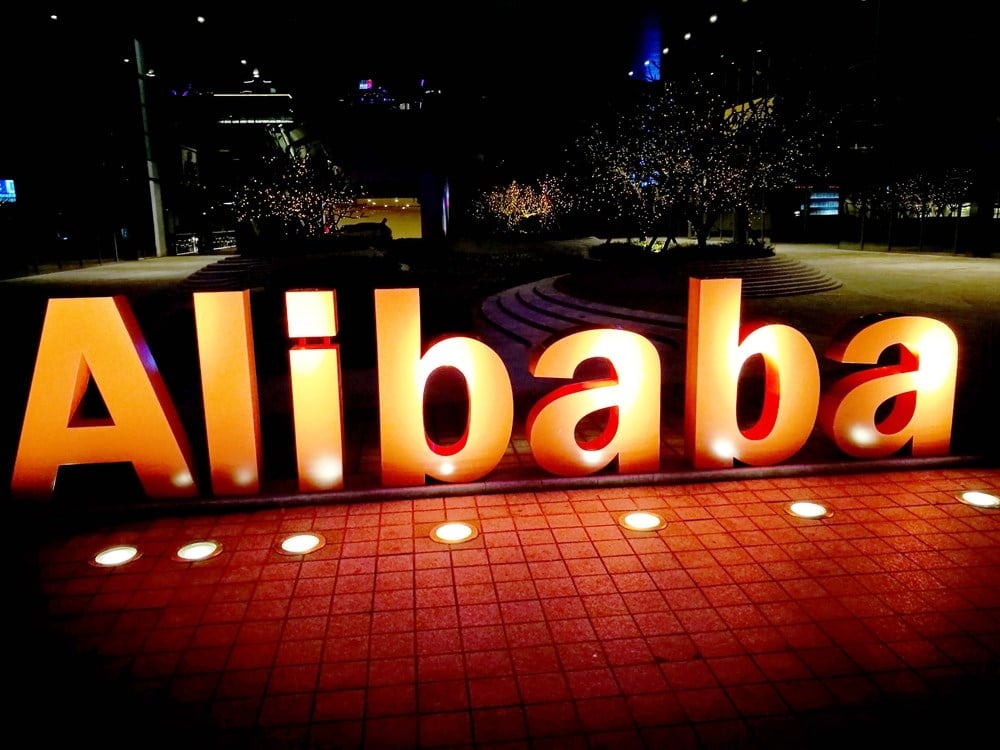
It is no secret that the market has a severe disapproval bias towards Chinese stocks. This doesn't happen very often, but when it does, guys like the legendary Sir John Templeton come to sweep up the opportunity. At the same time, they let the rest of the market condemn them, only to later praise their courage and boost their profits.
You don't have to be a Sir John to achieve the same thing today, look the deal is straightforward, there are businesses in Cina that offer much higher rates of return at a fraction of the valuations seen in comparable American stocks, a trend that Charlie Munger pointed out as carrying the highest upside potential out of any other economy.
Today, the clear winners seem to be consumer discretionary stocks in the country, with targets on the backs of stocks like Alibaba Group (NYSE: BABA) and JD.com (NASDAQ: JD) now that the Chinese consumer is beginning to slowly wake up from a multi-year slumber.
Quality at a discount
Gone are the days when Chinese business was directly linked to the belief of carrying lower quality and reliability; in today's reality, rates of return and margins in China are nothing like those seen in American counterparts. Comparing Alibaba to a giant like Amazon.com (NASDAQ: AMZN) can be a good start.
Beginning with the most important thing for investors: the bottom line. Amazon carried a net income margin of 3.6% over the past twelve months, while its Chinese counterpart, Alibaba, sits pretty on a 9.4% margin during the same period; that's nearly three times as big!
And speaking of gaps, the market's fear of investing overseas has eaten up any willpower to take 'risks' to make money. Despite the fundamentals backing Alibaba, markets are still focusing on Amazon.com. You can spread the Internet commerce sector and see it for yourself.
Beginning with price action, the ultimate voting system employed by the market, the answer is clear as day. As a percentage of 52-week high prices, Amazon has received all the attention, leaving Alibaba to look like the ugly stepsister.
Maybe you've never ordered items from AliExpress. Still, it is virtually the same service as Amazon's delivery network, if not the same. This is why it seems crazy that Alibaba trades at 68.0% of its 52-week high while Amazon.com is at 98.0% of its high.
A gap to close
Alibaba's management sure has a bone to pick with current valuations, which is why they have enacted - and keep extending - their share repurchase programs, which stands today at a tremendous $16.3 billion remaining in the program until March of 2025.
Considering that, so far into 2023, there has been $3.1 billion allocated to buying back shares, the whole program stands at roughly 9.3% of the company's market capitalization. If that doesn't give you the ultimate vote of confidence from insiders, then this next point will do the trick.
Ray Dalio, the Wall Street legend who ran one of the world's most significant hedge funds, Bridgewater Associates, has been quietly accumulating shares in not only Alibaba and JD.com but also the whole spectrum of Chinese Equities. The bull's horns have found a target by investing directly in the iShares MSCI China ETF (NASDAQ: MCHI).
Some may be looking to walk away from Chinese stocks, especially ones that depend on the consumer, given that the country has been reporting lackluster inflation rates pointing to a lack of activity. However, both Alibaba and JD.com, the consumer epicenter, reportedly grew their sales stratospherically during this quarter.
Now that President Xi will be meeting with Biden this week in the first summit since 2022, the agenda will probably touch on a path to open up a way for foreign investment capital to find its way into the nation's businesses, just in time for Alibaba to report its earnings on November 16.
Analysts are confident about a bright future for this stock, as they have landed on a consensus price target of $137.0 a share for this company, implying a net upside of 65.6% from today's prices. Add the massive repurchases happening today, and these targets are overdue for an increase.
Connect the dots yourself, China's largest consumer company trading at a massive discount, with lots of upside backed by analysts and Wall Street's brightest minds. It might be a power play, but political meetings pushing for a capitalistic agenda will probably set the stage for an earnings beat.




